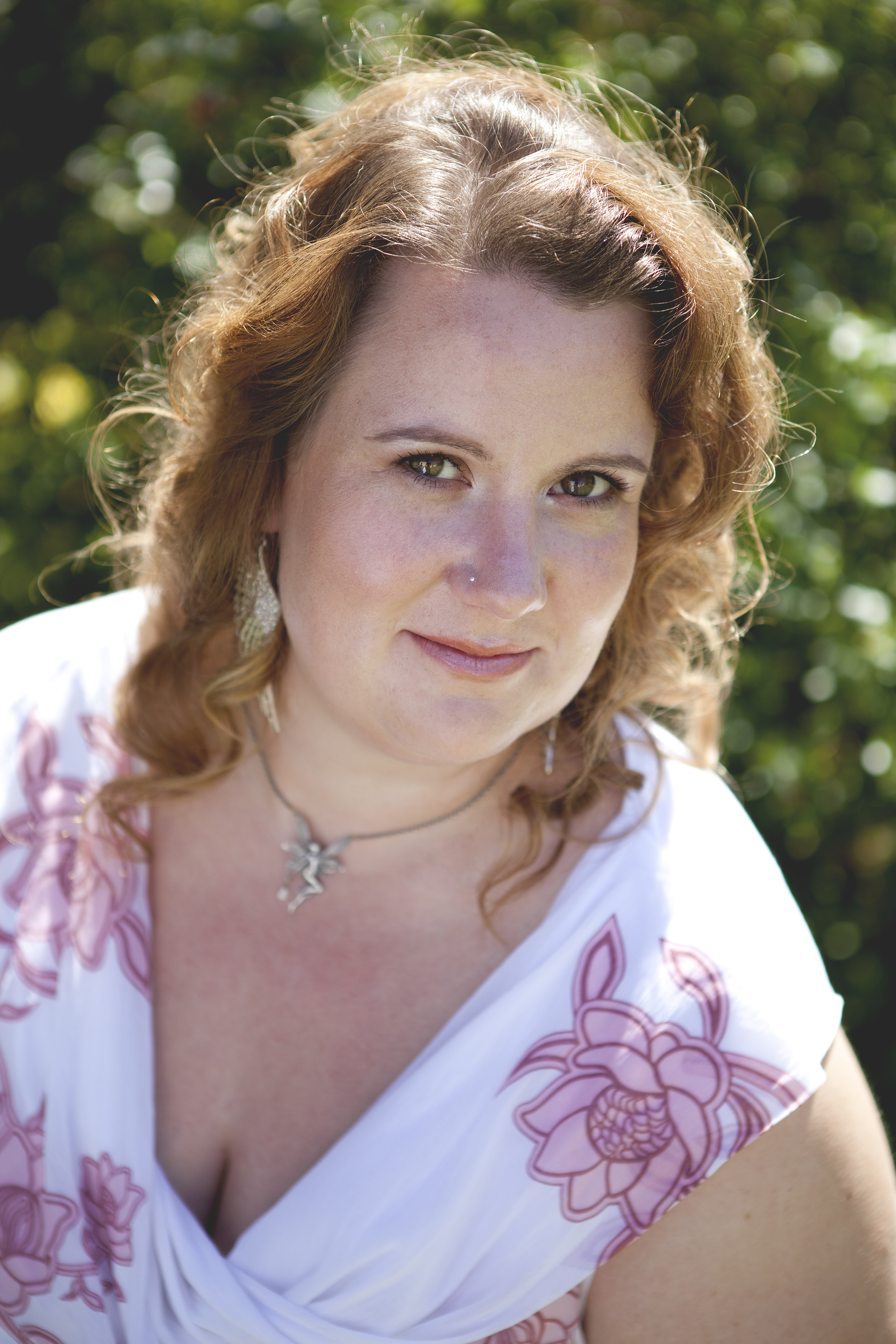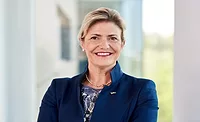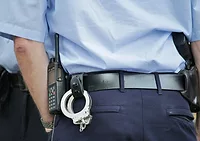Conducting Due Diligence in Africa: An Interview with Eva Nolle


With GDP growth on the continent reaching its highest rate since 2012 and long-term prospects equally favorable, Africa holds great promise for investors. But alongside opportunities, foreign enterprises face vast gaps in their knowledge of the business landscape. Vetted information on potential partners, clients, and M&A targets is among the most important gaps and conducting due diligence offers a solution. Yet due diligence in Africa comes with its own set of difficulties, and Eva Nolle, CPP, understands these challenges better than most. Based in South Africa, Eva is Partner and Director of Operations at Ceravoid (Pty) Ltd, a commercial intelligence and risk management firm that provides investigative services across the continent. The following interview highlights her take on some of the hurdles and trends associated with due diligence in Africa:
Have you noticed any recent patterns in due diligence interest and requests across the continent?
Eva Nolle, CPP: Foreign Direct Investment into African countries is very closely linked to political climate and stability, so we often see greater interest when significant changes have recently occurred or are anticipated. For example, the election of a new president or prime minister who is promising to relax industry regulations may result in more requests as companies position themselves before that market opens.
Another trend we are starting to see is intercontinental requests. It is no longer only EU- or US- based companies wanting checks. African businesses are moving across borders and also recognize the need to conduct due diligence before entering into a business partnership or merger.
What is the availability of open-source and public information like in Africa for purposes of background investigations and due diligence? Which countries are leaders and laggards when it comes to making such information available?
Eva Nolle, CPP: The differences between countries are quite vast since we are talking over 50 different jurisdictions. While many parts of Africa remain technology-averse and offer only limited data, Southern Africa is well-covered in terms of public and private data sets. However, those databases are not necessarily centralized. In South Africa and Angola, for instance, property databases are localized per city or province, so you must know what you are looking for or search all of them. Some countries started setting up digitized databases but do not have historical data on them, so physical archive searches are still required. And as a rule, if a country has only come out of a civil war or dictatorship in the last decade, or is still under it today, chances are you will find very limited reliable open-source information.
What are some other key differences between how due diligence is conducted on the continent as opposed to in the US and Europe?
Eva Nolle, CPP: The nationality principle of laws such as the Foreign Corrupt Practices Act (FCPA) or the UK Bribery Act of 2010 means that firms have to be careful when engaging in due diligence investigations or potentially face civil or criminal liability. Yet the provisions of such legislation are not always in line with local customs or business practices. Even if records such as corporate filings are public in a country, you might still run into a situation where the clerk behind the desk asks you for a bribe. You will need to know how to deal with that situation, where to go, and what the procedures are to circumvent this and still get the information in a legal manner. This is one of several reasons why having a local and on-the ground partner can be crucial for firms without in-country operations.
What kinds of cultural challenges or barriers are there to conducting due diligence in Africa?
Eva Nolle, CPP: Time. African time is real and things typically move slower, even in business. Cape Town in South Africa is called the “Mother City,” allegedly because everything takes nine months. While that obviously isn’t true as such, it tells you a lot about what to expect. For due diligence, this means that Western businesses used to very fast-paced environments may have to wait longer than they are used to when trying to obtain information.
Another challenge is the close connection between good personal relationships and good business relationships. Conducting due diligence enquiries can be seen as a sign of mistrust rather than a way to build a foundation of trust. It can be a sensitive subject that should be handled with care.
Last, in many African cultures, family stands above all. Once you are able to help your family, you will do so, whether financially or by hiring them into positions. Additionally, the definition of family is often much broader than in Europe or the US. Cousins are considered and called brothers. The person you call “Mom” might be your grandmother or aunt. This can complicate due diligence investigations, especially when looking at the proximity of a business or individual to politically exposed persons (PEPs).
Is there anything else that you believe individuals or companies first engaging in due diligence on the continent should know?
Eva Nolle, CPP: I’d say it is very important to form an opinion on the bigger picture instead of taking something at face value. A legitimate-looking firm may turn out to be a fraud, while another company that looks shady in the beginning might be a legitimate and flourishing business. I have seen very successful companies that were leaders in their fields but operated from premises that I would have found suspicious at the beginning of an investigation. The bottom line: it is unwise for foreign firms to judge businesses according to their own cultural measurements and perceptions.
It is also critical to recognize that the basic steps of a due diligence inquiry are easier than many people might anticipate and simply require they pay attention and take interest in the country they seek to operate in. As a French-speaking country, Benin would not issue corporate registration certificates in English, and such certificates would not be signed in Abuja (the capital of Nigeria). Any layperson should be able to spot these discrepancies and signs of fraud if they take the time to look at the documentation provided and know the country they want to do business with. Due diligence investigations may require the assistance of an expert, but don’t let basic ignorance play into the hands of fraudsters.
Looking for a reprint of this article?
From high-res PDFs to custom plaques, order your copy today!









